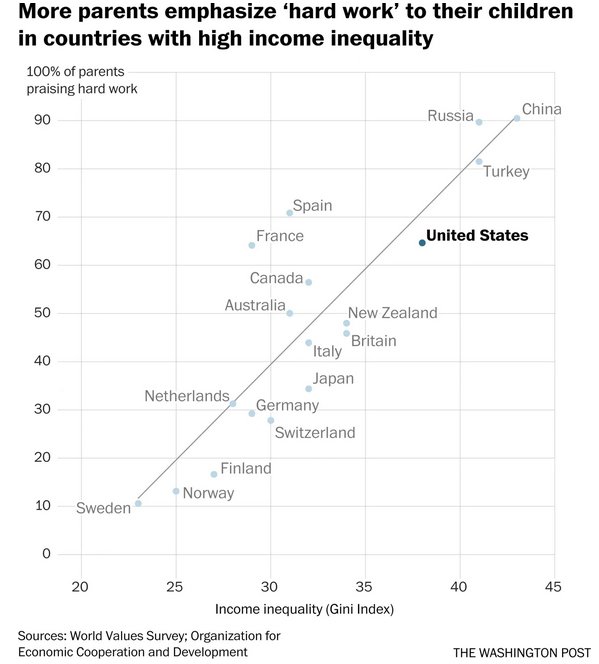These days, residents of different countries often drink the same coffee, buy clothes from the same retailers and use the same social media apps. Globalization has erased many traditional differences around the world. But when it comes to parenting, habits still vary from country to country to a startling degree.
In many American circles, “helicopter parents” monitor their children’s every move, and outliers who let their kids walk home from the playground on their own risk rebuke by local police. Meanwhile, in Switzerland, even kindergartners walk to school without adult supervision. And Sweden and Germany offer popular “forest kindergartens,” where children stay outdoors in nearly all weather, playing and exploring with minimal adult guidance. In those countries, unlike in U.S. classrooms, early literacy and numeracy are not part of the curriculum, even in regular preschools; teachers emphasize play and crafts instead. In China, by contrast, strict parenting is a much-discussed part of national life — and was the subject of a hugely popular television series, “Tiger Mom.”
Discussions of differences like these often focus on culture. China’s Confucian tradition, for instance, emphasizes respect for elders, which some observers suggest could be one influence on authoritarian parenting. But we have found in our research that varying parenting styles among nations are rooted primarily in economics — specifically, economic inequality. The common denominator in countries where intense, achievement-oriented parenting abounds is a large gap between the rich and the poor. Conversely, where inequality is low and governments provide safety nets, a more relaxed, permissive parenting style holds sway.
That suggests that to reduce the epidemic of hypercompetitive and overinvolved parenting in the United States, simply exhorting people to be more laid back won’t work. The only solution is to attack the problem at the root: by combating inequality.
Matthias Doepke is a professor of economics at Northwestern University. Fabrizio Zilibotti is the Tuntex professor of international and developmental economics at Yale University. They are co-authors of “Love, Money and Parenting: How Economics Explains the Way We Raise Our Kids.”




